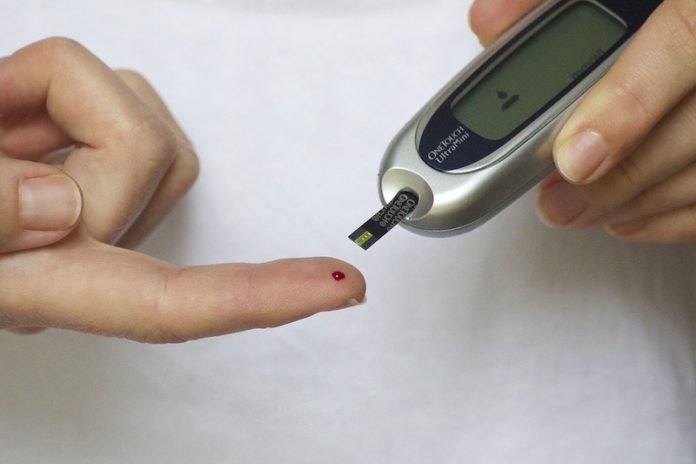
In a new study, researchers found that extracts of an Indian medical herb may help reduce blood glucose levels in diabetes.
The herb is Withania coagulans, or Paneer dodi. It is used in traditional Indian medicine.
The research was conducted by a team from Nanyang Technological University and other institutes.
Alternative medicines are becoming increasingly popular for the treatment of chronic illness, primarily because of people’s perception that plant-based medicines are less toxic and have fewer side effects.
However, this is not always the case, and even so-called “natural” therapies must be carefully tested for efficacy, dose-related toxicity, and interactions with other drugs.
In addition, scientists must find ways to effectively deliver medicines into the body in controlled ways.
Many plant extracts, like W. coagulans, are bitter and unpalatable at the doses needed to have beneficial effects.
Although some healers claim that W. coagulans can help treat diabetes, the bitter-tasting plant hasn’t been studied extensively by scientists.
Also, when taken orally, the medicinal components in plant extracts are often destroyed by the acidic conditions of the stomach.
In this study, the team wanted to examine the herb’s medical effect and find a way to deliver W. coagulans extract safely to the small intestine, where the medicine would be absorbed.
They extracted plant steroid compounds and encapsulated the steroids in order to delay the release of the herbal extract under acidic conditions.
They tested the encapsulated herb medicine in diabetic mice and found after 5 days there were 40% lower blood glucose levels.
Surprisingly, even 5 days after the treatment ended, the mice showed a 60% reduction in blood glucose compared to their starting levels.
This effect could arise from the ability of the delivery system to prolong the release of extract over an extended period of time.
The lead author of the study is Say Chye Joachim Loo from Nanyang Technological University.
The study is published in ACS Omega.
Copyright © 2019 Knowridge Science Report. All rights reserved.



